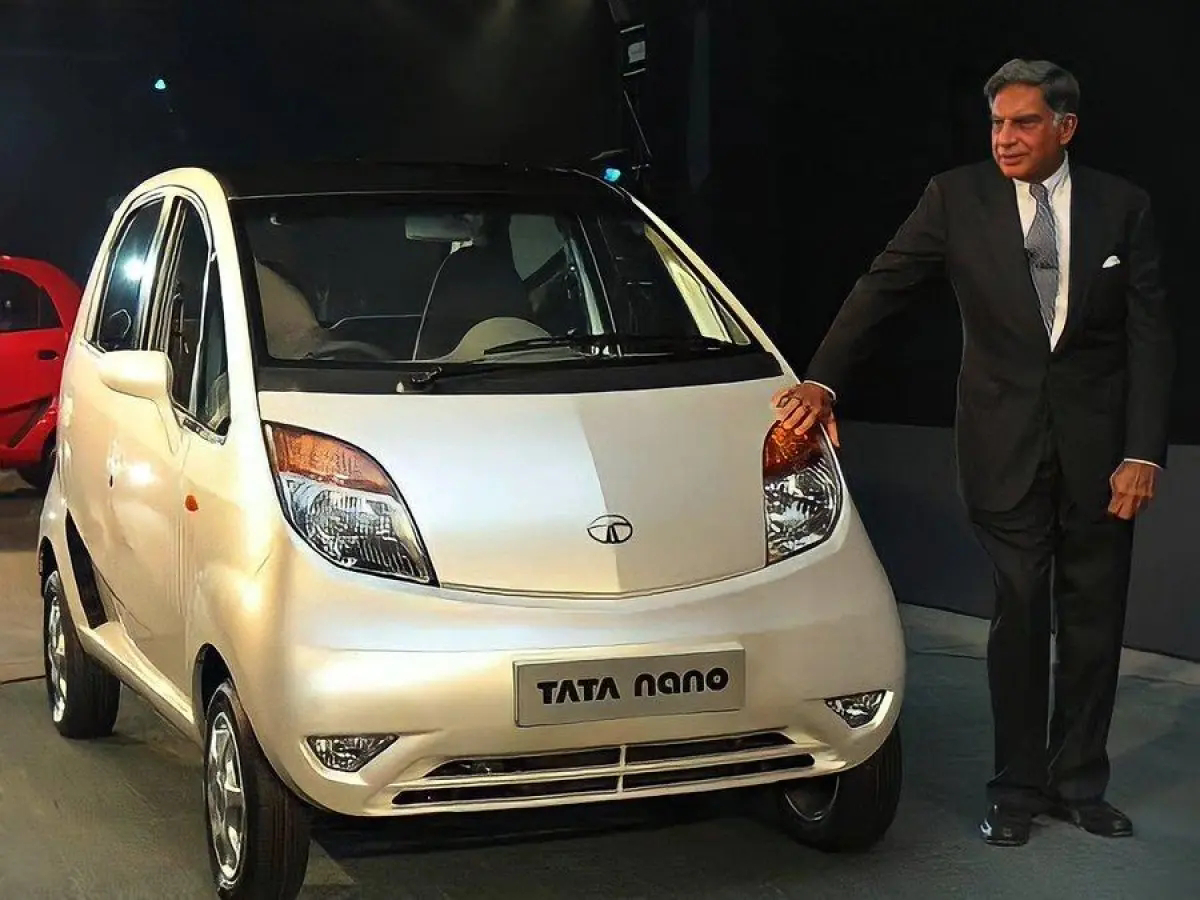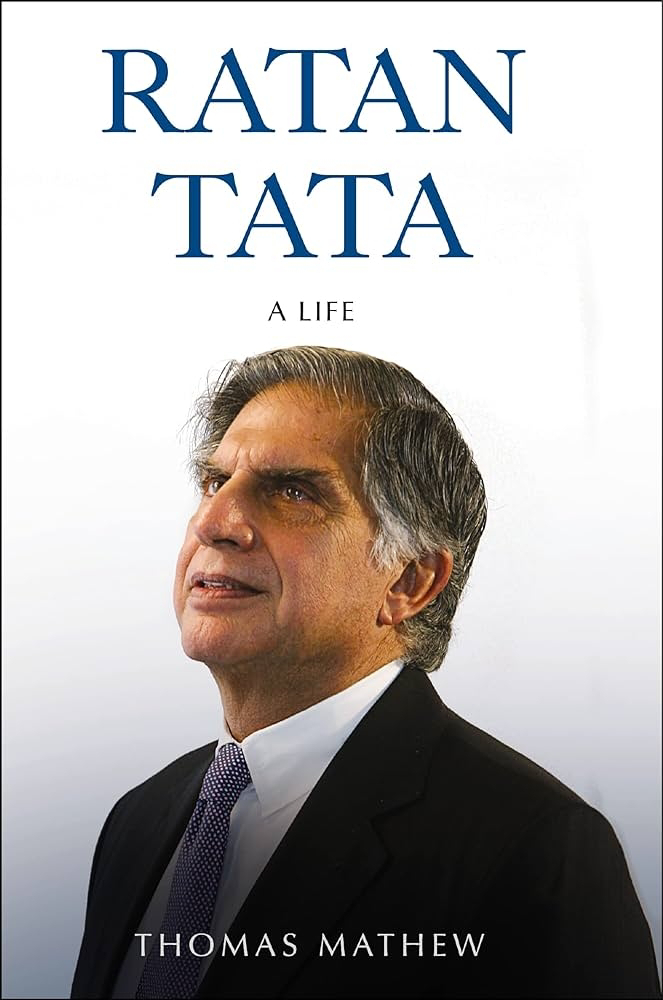Ratan Tata: The Visionary Leader Who Redefined Indian Business and Philanthropy
Ratan Tata: The Legacy of a Visionary Leader
Ratan Tata, one of the most iconic figures in Indian business, is widely revered for his leadership, philanthropy, and unshakable ethics. Born into the prestigious Tata family on December 28, 1937, he was the great-grandson of Jamsetji Tata, the founder of the Tata Group, India’s largest and most respected conglomerate. Ratan Tata’s journey is not just about corporate success, but about fostering national pride, driving innovation, and improving the quality of life for millions.
Early Life and Education
Ratan Tata’s early life was marked by personal challenges. He was raised by his grandmother after his parents separated when he was just seven years old. Despite this, he was instilled with strong values and discipline. After completing his schooling in Mumbai, Tata went on to graduate from Cornell University in 1962 with a degree in architecture. He later attended Harvard Business School for an advanced management program in 1975.
His entry into the Tata Group was not a privileged one. He began his career working on the shop floors of Tata Steel, learning the business from the ground up. This hands-on experience equipped him with a deep understanding of the workforce and instilled in him the importance of innovation and integrity.
Leadership at Tata Group
Ratan Tata assumed leadership of the Tata Group in 1991, a pivotal time for India’s economy, which was transitioning toward liberalization. Under his leadership, the Tata Group grew from a largely India-centric business to a global powerhouse, with operations in over 100 countries. His focus was not just on growth, but on growth with purpose.
One of his most transformative decisions was the acquisition strategy that turned the Tata Group into a global brand. Notable among these acquisitions were Tetley Tea in 2000, which gave Tata a major foothold in the international beverages market; the purchase of Corus Steel in 2007, one of the largest foreign acquisitions by an Indian company; and Jaguar Land Rover in 2008, a move that surprised the global automotive industry and brought international recognition to the Tata brand.
The Launch of the Tata Nano
One of Ratan Tata's most ambitious projects was the creation of the Tata Nano, marketed as the world’s cheapest car. His motivation was deeply rooted in his desire to offer a safe, affordable vehicle for millions of Indian families who could only afford motorcycles. Launched in 2008, the Nano was priced at approximately $2,500, a bold move that garnered global attention. Although the car did not achieve the commercial success anticipated, it symbolized Tata’s commitment to inclusive innovation and his vision of making the world a better place for the common man.
Philanthropy and Social Responsibility
Ratan Tata’s impact extends far beyond business. He is known for his humility and dedication to philanthropy. Over 60% of the Tata Group’s profits are channeled into charitable trusts that fund education, healthcare, rural development, and arts and culture in India. Ratan Tata has been personally involved in numerous philanthropic initiatives, ranging from providing clean water to rural communities to funding cancer research.
His philanthropic endeavors have a global reach as well. In 2010, he made a substantial donation to Harvard Business School, supporting the construction of an academic and residential building named Tata Hall. His commitment to education, health, and welfare has made a lasting impact on millions of lives, reinforcing the idea that business success should be tied to social progress.
A Leader with Ethics and Humility
One of the defining characteristics of Ratan Tata’s leadership has been his steadfast adherence to ethics and corporate responsibility. Throughout his tenure, Tata was known for maintaining a high level of integrity, even when faced with difficult business decisions. He famously avoided shortcuts and stayed clear of unethical practices that could have boosted short-term profits but would have tarnished the brand in the long run.
Despite his enormous success and influence, Ratan Tata remains remarkably humble. He often shuns the limelight, preferring to let his work speak for itself. This humility is reflected in his personal lifestyle, which is notably low-key for someone of his stature. He is known to drive his own car, take an active interest in everyday business operations, and is approachable to employees across all levels.
Post-Retirement and Legacy
Ratan Tata retired as the chairman of Tata Sons in 2012, but his influence on the group and Indian industry continues to be profound. He has served as a mentor to many young entrepreneurs and continues to be an advocate for innovation and ethics in business. His legacy lies not just in the growth of the Tata Group, but in the values he instilled—transparency, fairness, and a commitment to the greater good.
Even after stepping down from active leadership, he remains a guiding force in the Tata Group and a vocal advocate for causes such as entrepreneurship, healthcare, and animal welfare. His post-retirement investments in start-ups through RNT Associates showcase his belief in nurturing the next generation of Indian innovators.
Conclusion
Ratan Tata’s life is a testament to the power of visionary leadership combined with deep compassion for humanity. His story is not just one of corporate triumphs but of a leader who genuinely believed in improving the world. Whether it was through his philanthropic efforts, his bold business strategies, or his focus on ethical leadership, Ratan Tata has left an indelible mark on India and the world. His legacy is not just the Tata Group’s global footprint but the millions of lives he has touched through his vision, generosity, and unwavering integrity.





Comments
Post a Comment